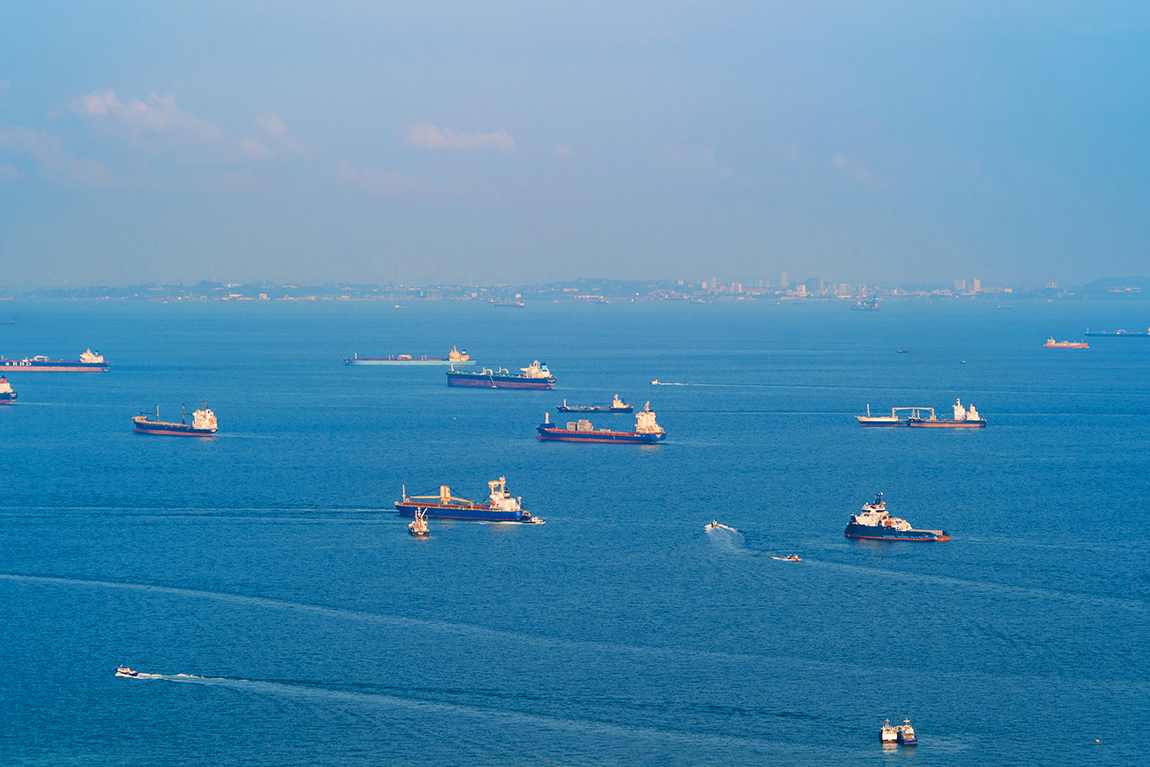Tucked between Iran and Oman lies one of the most strategically vital waterways in the world: the Strait of Hormuz. Just 33 km wide at its narrowest point, it acts as the main gateway for oil and gas exports from the Persian Gulf. Around one-fifth of the world’s oil and a substantial portion of its liquefied natural gas (LNG) passes through these waters each day, making it an essential artery for the global economy.
Any disruption in this area would not just affect the Middle East—it would send shockwaves through energy markets, financial systems, and households across the globe.

Escalating Conflict: Iran, Israel and U.S. Intervention
Since our recent article on the Israel–Iran conflict, the situation has taken a dramatic turn. The United States launched coordinated strikes on key Iranian nuclear sites following Iran’s rocket attacks on Israel, which in turn led to Iranian missile strikes on U.S. bases in Iraq and Qatar.
In response, Iran’s parliament has now voted in favour of closing the Strait of Hormuz. The final decision lies with the Supreme National Security Council, but the threat alone has already sent Brent crude spiking above £60 per barrel, with markets bracing for further volatility.
What Happens If the Strait Is Closed?
A full or even partial blockade of the Strait would severely restrict oil and gas flows from key Gulf exporters including Saudi Arabia, Iraq, the UAE, and Kuwait. Saudi Arabia alone ships 6 million barrels of crude through the Strait every day.
Analysts suggest that oil prices could jump to £75-£112 per barrel in a matter of days, depending on the length and severity of the disruption. LNG markets would be equally strained, particularly in Asia, where over 80% of the oil and gas passing through the Strait is destined.
For UK consumers, the impact would be felt quickly. Wholesale energy prices could soar, with annual household energy bills potentially doubling from current averages of £1,720 to more than £4,000. Businesses—especially those with high energy needs—would face cost pressure, which could also drive broader inflation.

Can the World Reroute Supply?
Some Gulf countries have invested in pipeline alternatives. Saudi Arabia’s East–West pipeline can move up to 5 million barrels per day to the Red Sea. The UAE’s Fujairah pipeline adds another 1.5 million. Iran has its own Goreh–Jask pipeline, but its current capacity is limited. Combined, these bypass routes can cover only about 15% of the total volume that normally flows through the Strait.
Strategic petroleum reserves could be tapped, and U.S. shale producers may ramp up production—but neither option offers an immediate or complete solution. If a blockade lasts more than a few days, markets would likely panic, and governments might face pressure to ration or subsidise energy.
What Comes Next?
While Iran has made similar threats before, this time is different. The country is under increasing military and economic pressure, and the war with Israel is far from resolved. The U.S. has warned that closure of the Strait would be “economic suicide” for Iran—but that may not be a sufficient deterrent.
With China as Iran’s biggest oil customer and a key diplomatic player, Beijing’s next moves could be decisive in either escalating or diffusing the crisis.
At Black Sheep Utilities, we continue to monitor the situation closely to keep our customers informed on how international developments affect UK energy costs. We’ll provide updates as the situation evolves. If you have any questions or need support with energy procurement, feel free to book a callback with one of our specialists — we’re here to help you navigate these uncertain times with confidence.
GET IN CONTACT WITH US
Why is the Strait of Hormuz so important to global energy markets?
The Strait of Hormuz is a narrow but critical waterway between Iran and Oman through which around 20% of the world’s oil and a large share of liquefied natural gas (LNG) passes daily. It serves as the main export route for energy from major Gulf producers like Saudi Arabia, Iraq, and the UAE. Any disruption here can significantly impact global energy supply and prices.
What would happen if Iran closed the Strait of Hormuz?
A closure or partial blockade could severely limit oil and gas exports from the Persian Gulf, causing global energy prices to spike. Analysts predict crude oil could surge to £75–£112 per barrel, and UK energy bills could more than double, pushing some households’ annual costs above £4,000.
Are there alternative routes to bypass the Strait of Hormuz?
Yes, but they are limited. Saudi Arabia, the UAE, and Iran have built pipelines to reroute some oil exports, but combined they only handle about 15% of the Strait’s daily volume. These alternatives can provide short-term relief but cannot fully replace the route’s capacity.
How would a disruption in the Strait affect UK households and businesses?
UK wholesale energy prices would likely rise quickly, driving up household energy bills and operating costs for businesses. Sectors with high energy usage could be especially hard hit, and there’s potential for broader inflation as production and transportation costs rise across the economy.
What is Black Sheep Utilities doing in response to the current situation?
Black Sheep Utilities is closely monitoring developments in the Strait of Hormuz and their potential impact on UK energy prices. Our team provides timely updates and expert support to help businesses manage energy procurement during volatile periods. If you’re concerned about rising costs or contract exposure, we’re here to help you make informed decisions.




